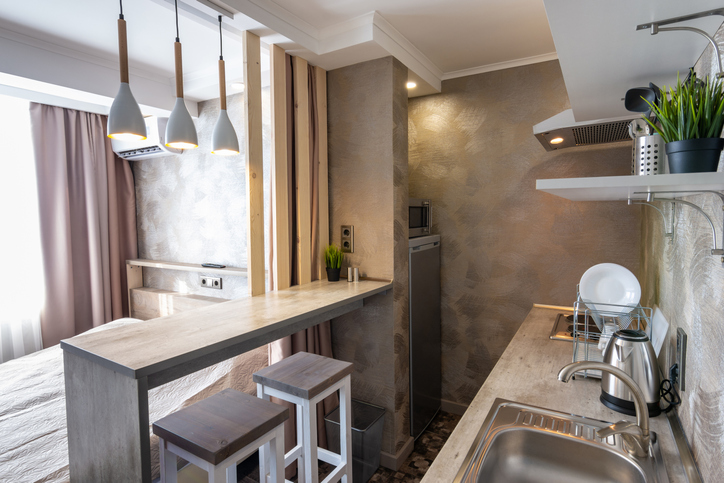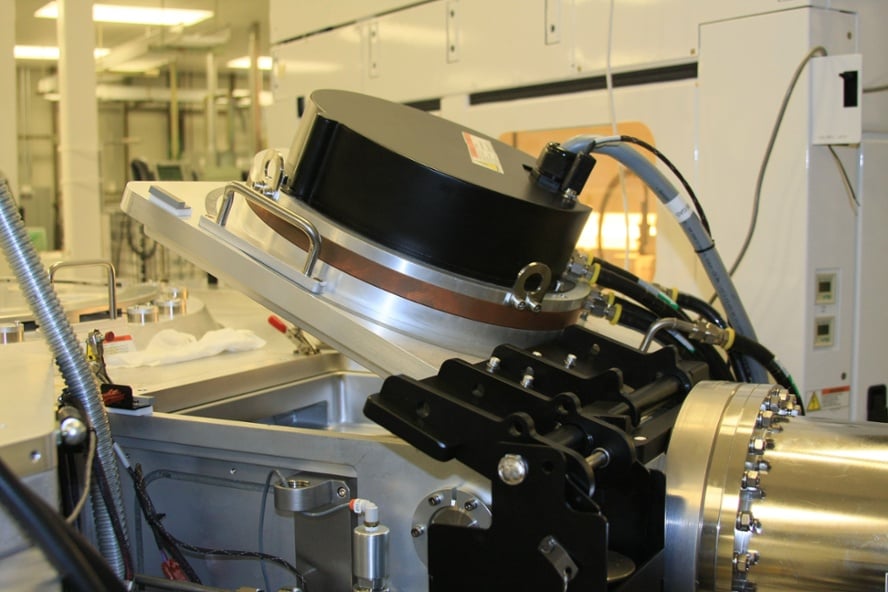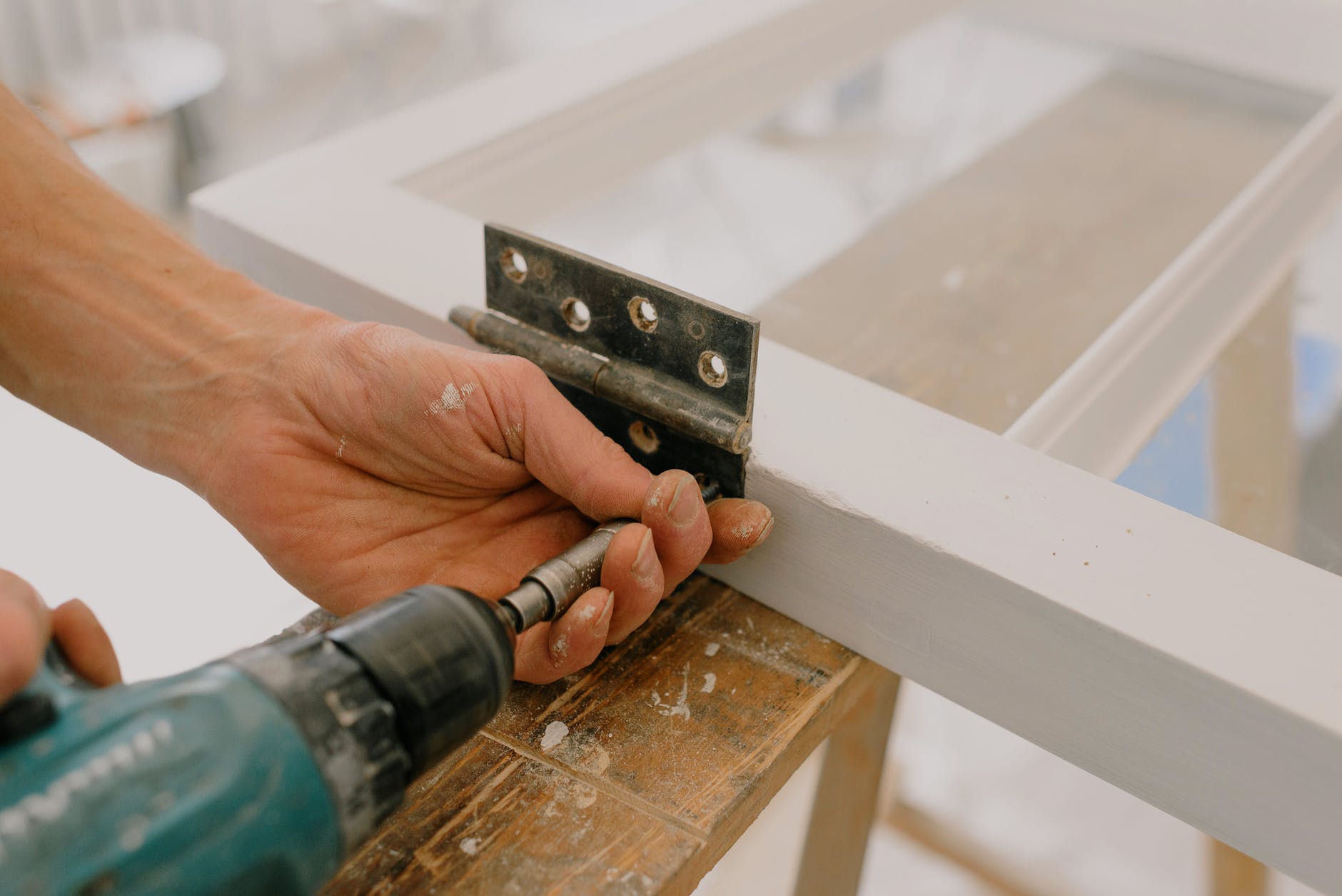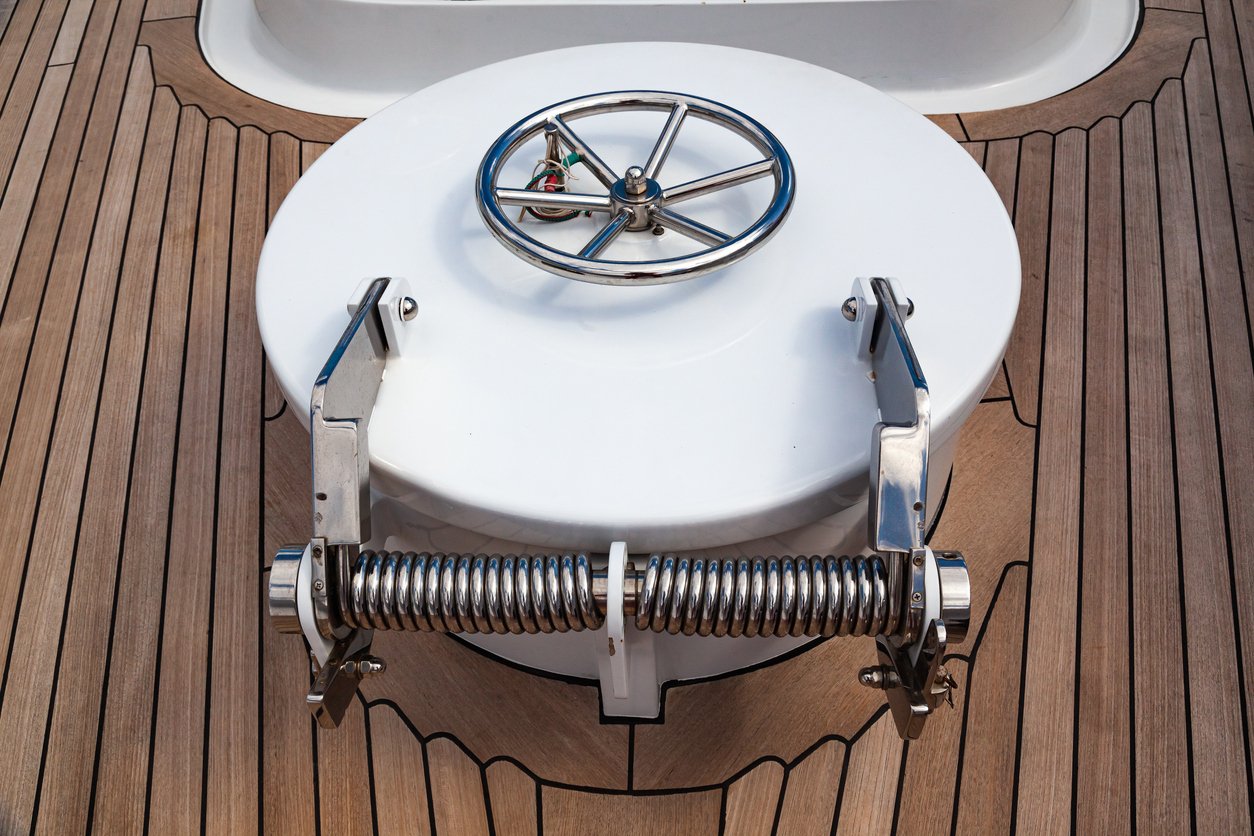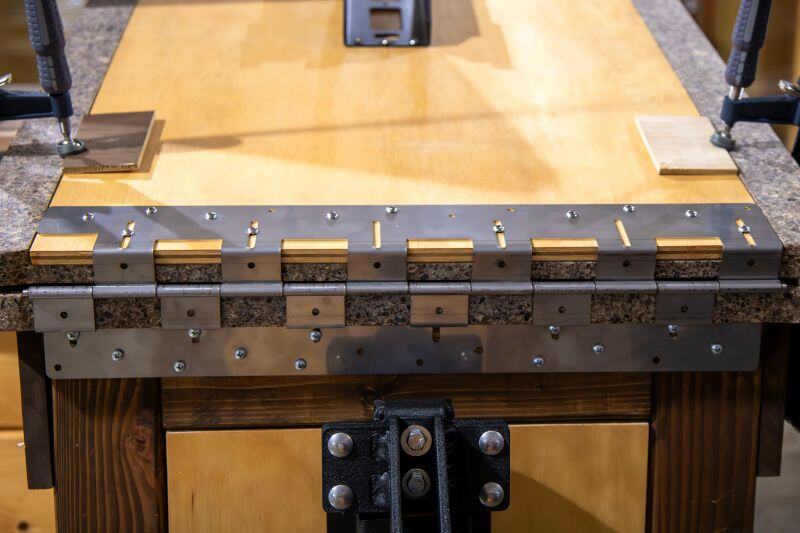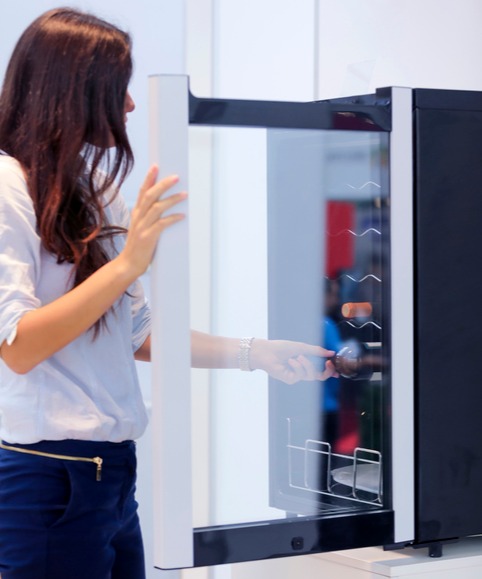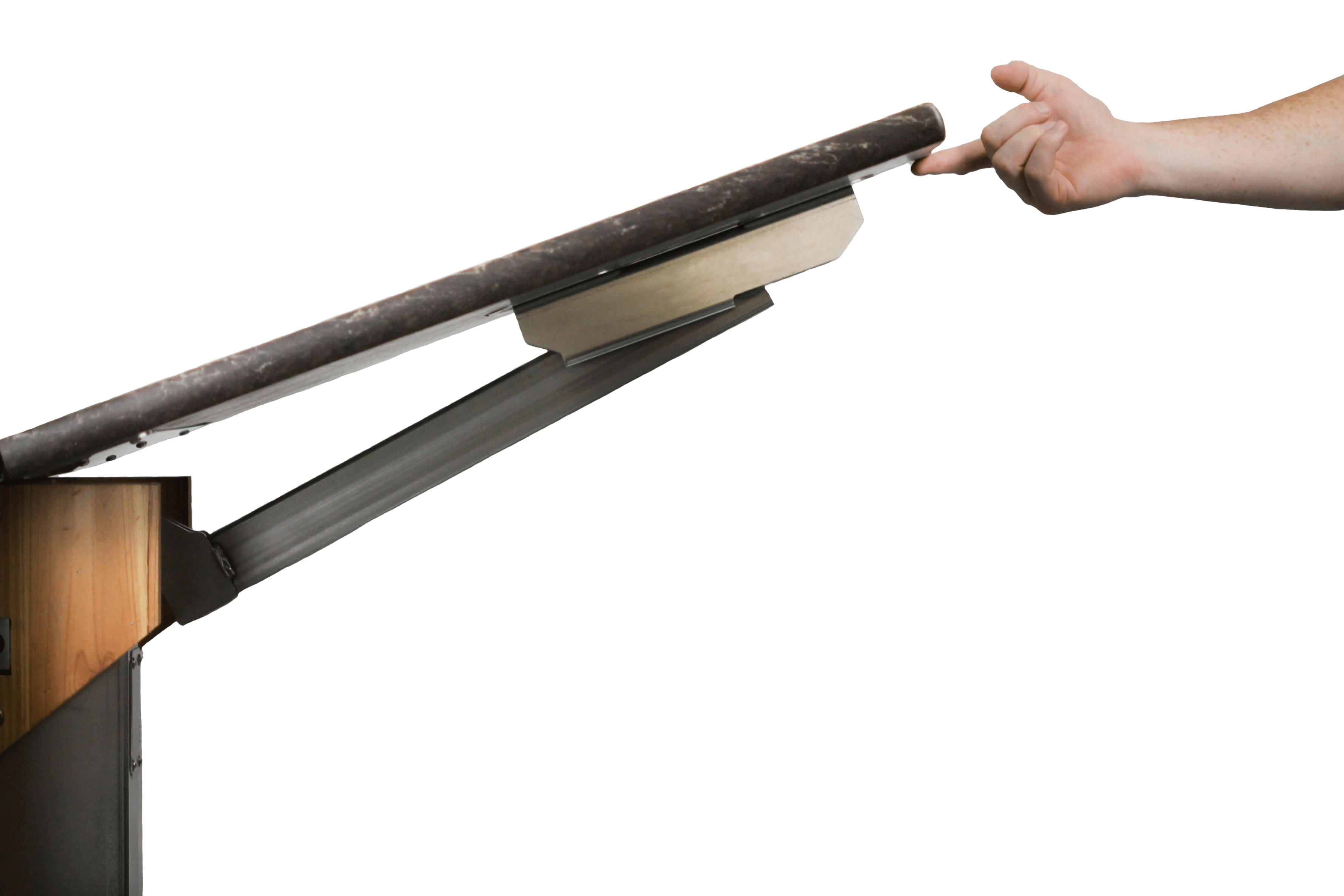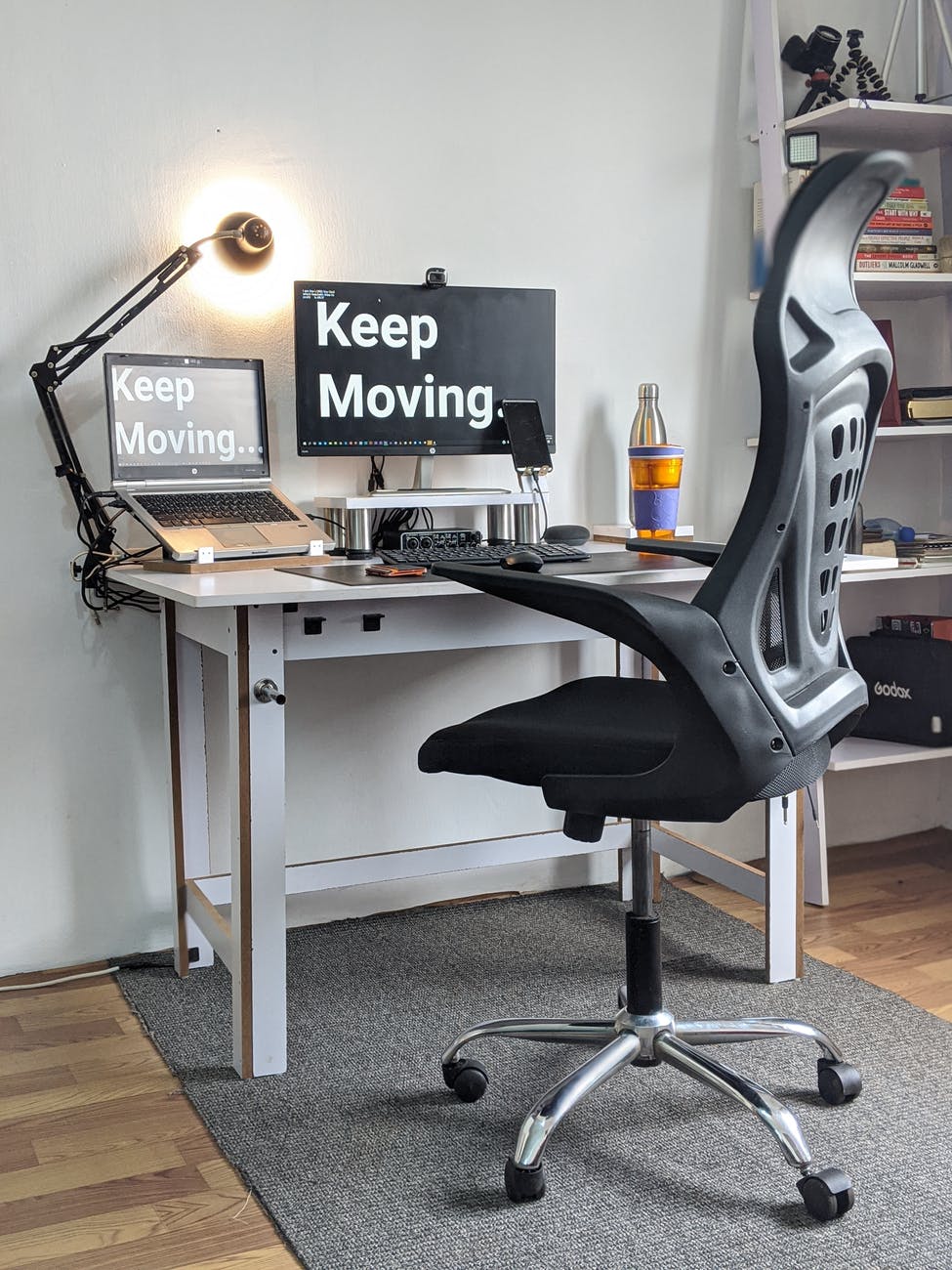Topics: Counterbalances, Applications, Motion Control, Gas Springs, Appliance, Center of Gravity, Counterbalance Hinge, Engineering, Hinge, Durability, Aesthetics, Safety, Food Industry, Testing & Prototyping, kitchen, hospitality, office equipment, Manufacturing, Hospitality Furniture
Hub Office Design for Shared Desks and Rotating Employees
Flexible work has become part of the day-to-day for many organizations. Instead of bringing everyone back to one central office, companies are shaping environments that support more flexible ways of working. Hub office design has grown out of that shift as teams rethink how and where work gets done.
Topics: Applications, Ergonomics, Motion Control, office equipment, OSHA
Replacing Heavy-Duty Gas Spring Hinges: What to Tell Your Supplier
Heavy-duty gas spring hinges may already be installed on your product. Over time, the performance of those hinges can decline as the strength of the gas spring weakens across the product’s lifespan.
Topics: Motion Control, Design, Gas Springs, Center of Gravity, Hinges, Lid
Custom heavy-duty hinges often work behind the scenes, but they support some of the most demanding applications across modern industry.
Topics: Motion Control, Design, Hinges, Industrial, Lid Support
Heavy Duty Industrial Hinges: When a Standard Hinge Isn’t Enough
Engineers and designers often stop to consider what type of hinge a product really needs. In many cases, a standard hinge does the job – it’s affordable, reliable, and easy to source. But when equipment is heavier or used more often, those same hinges can wear out faster and compromise safety.
Topics: Ergonomics, Motion Control, Design, Appliance, Counterbalance Hinge, Hinge, Hinges, Industrial, Durability, Manufacturing
[Design Guide] Heavy-Duty Stainless Steel Marine Hinges
No matter where you live, work, or play, hinges are everywhere. You’ll find them on cabinets. On refrigerators. On cars and airplanes. They’re a quiet part of daily life that keeps things moving.
Boats are different. They rely on hinges that do far more than open and close. Marine hinge design calls for careful thinking about motion control, spring assistance, and the effects of salt, weather, and humidity.
Topics: Applications, Ergonomics, Motion Control, Design, Hinge, Hinges, Industrial, Finishing, Durability, Manufacturing
Light vs. Heavy-Duty Hinges: Which One Does Your Design Really Need?
When you’re working through the details of a new product design, it’s easy to think, “A hinge is a hinge.” But if you’ve ever seen a lid sag, a door bind, or an access panel fail under load, you know hinge selection can make or break a design.
The temptation to save a few dollars with a lighter, cheaper hinge is real, especially when budgets are tight. Yet choosing the wrong hinge can lead to damaged equipment, unsafe operation, and costly redesigns down the line.
Topics: Ergonomics, Motion Control, Counterbalance Hinge, Hinge, Hinges, Durability, Hidden Hinges, heavy duty hinge
How Does an Appliance Door Hinge Shape Modern Kitchen Design?
When it comes to high-end kitchen appliance design, great performance is as important on the outside as it is on the inside.
Topics: Applications, Motion Control, Design, Appliance, Counterbalance Hinge, Food Industry, kitchen
Lift Gate Assist: Improve Restaurant Safety and Staff Flow
Most restaurant injuries don’t come from knives or open flames – they come from something as ordinary as a countertop. Lifting a heavy bar pass-through dozens of times during a shift strains backs, spills drinks, and leaves staff scrambling to recover.
Topics: Applications, Motion Control, Counterbalance, Engineering, Food Industry, kitchen
OSHA Ergonomic Guidelines: Creating the Ultimate Workstation
A stiff neck, sore back, or aching wrists after a long day at your desk isn’t just annoying; it’s a warning sign. With more people working in front of screens than ever before, the health risks of poor workstation habits are on the rise. The key is applying OSHA ergonomic guidelines – simple adjustments that protect employees' bodies, keep them comfortable, and help them perform at their best.
Topics: Ergonomics, Motion Control, Safety, Testing & Prototyping, office equipment, OSHA
.png?width=12000&height=2033&name=WeberKnappLogo_white%20(1).png)
